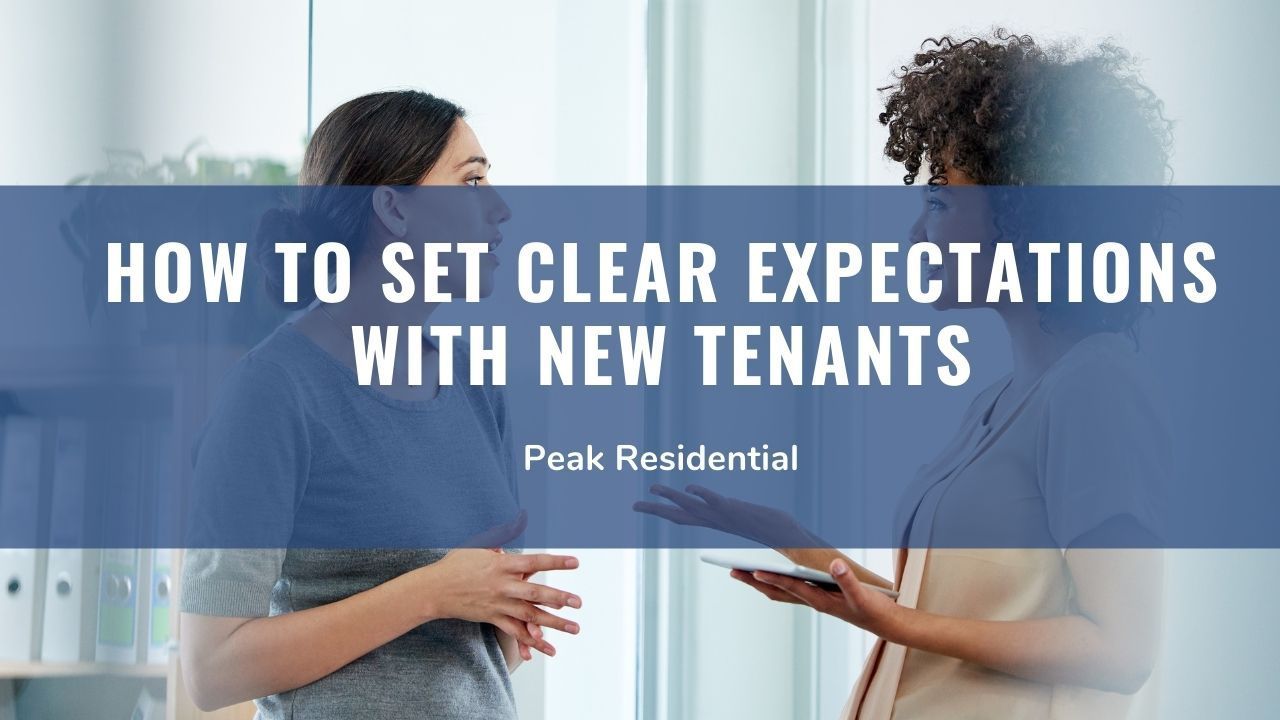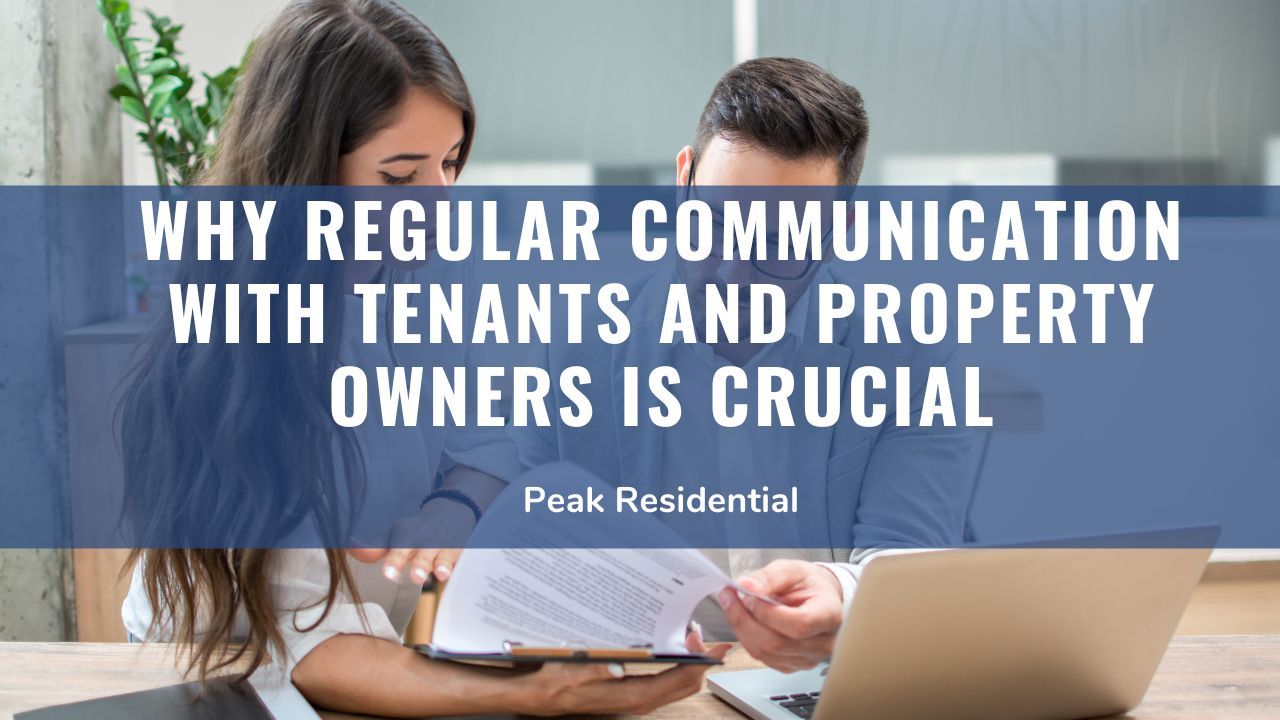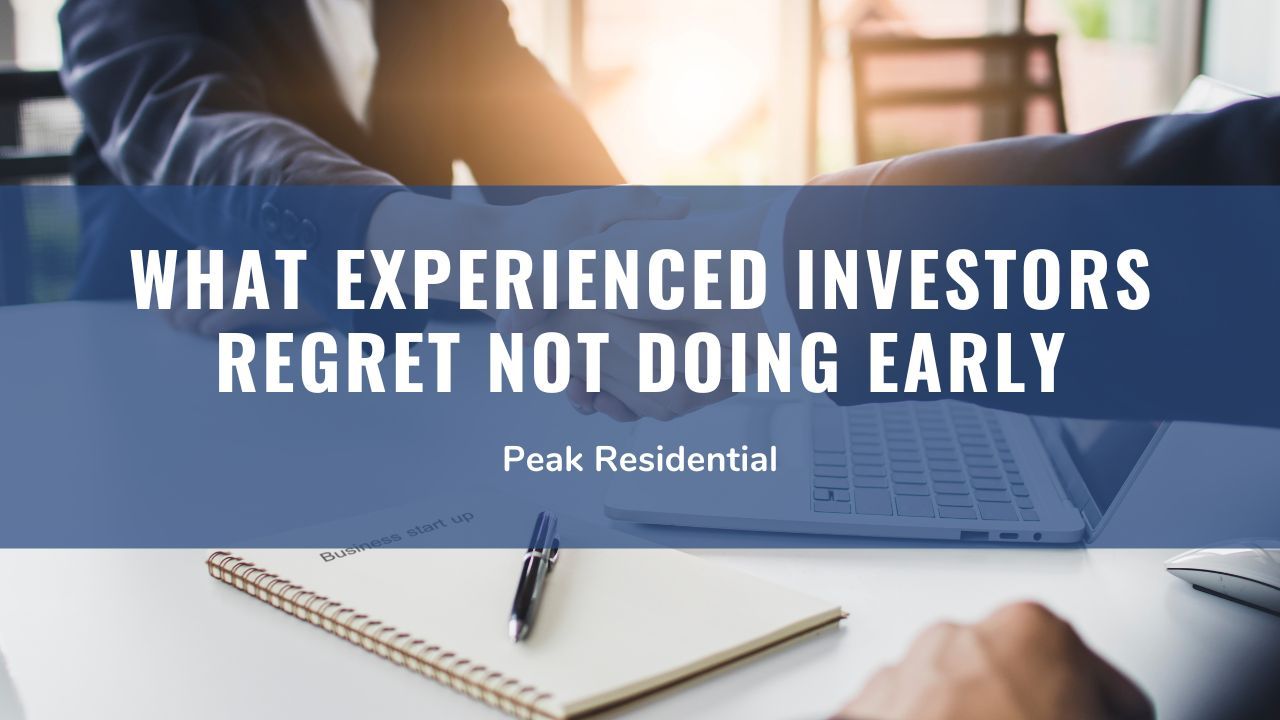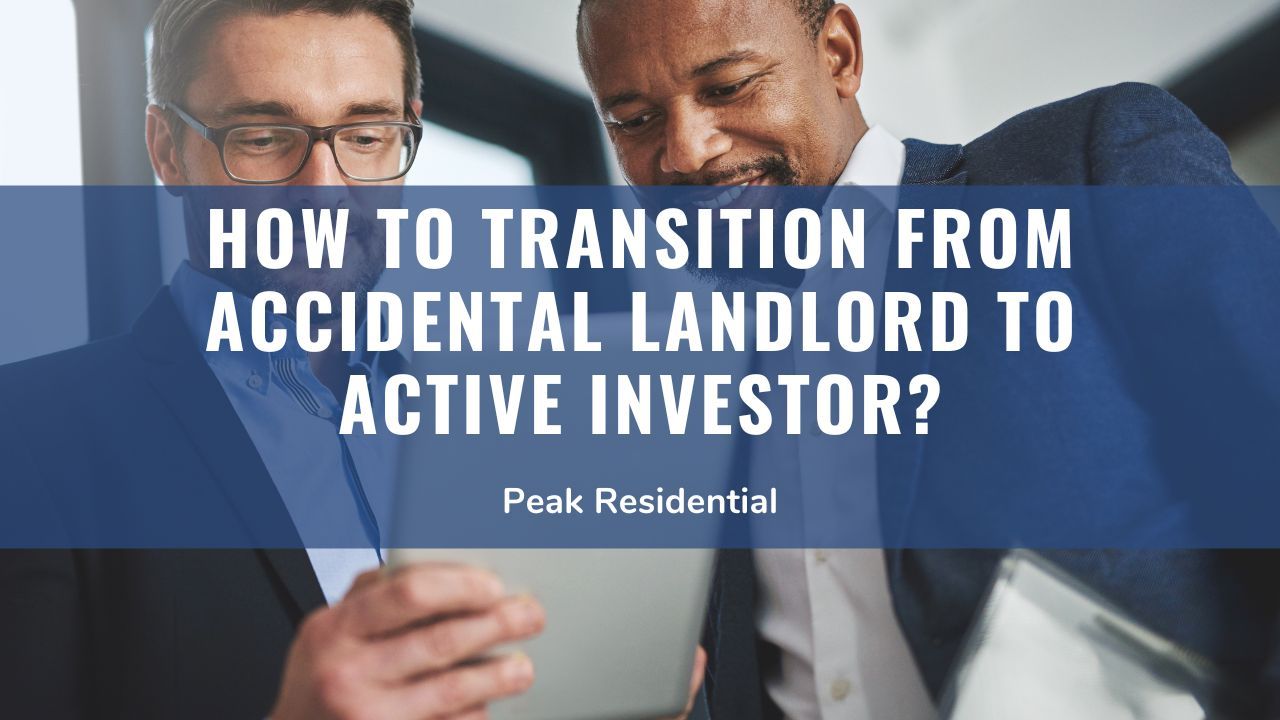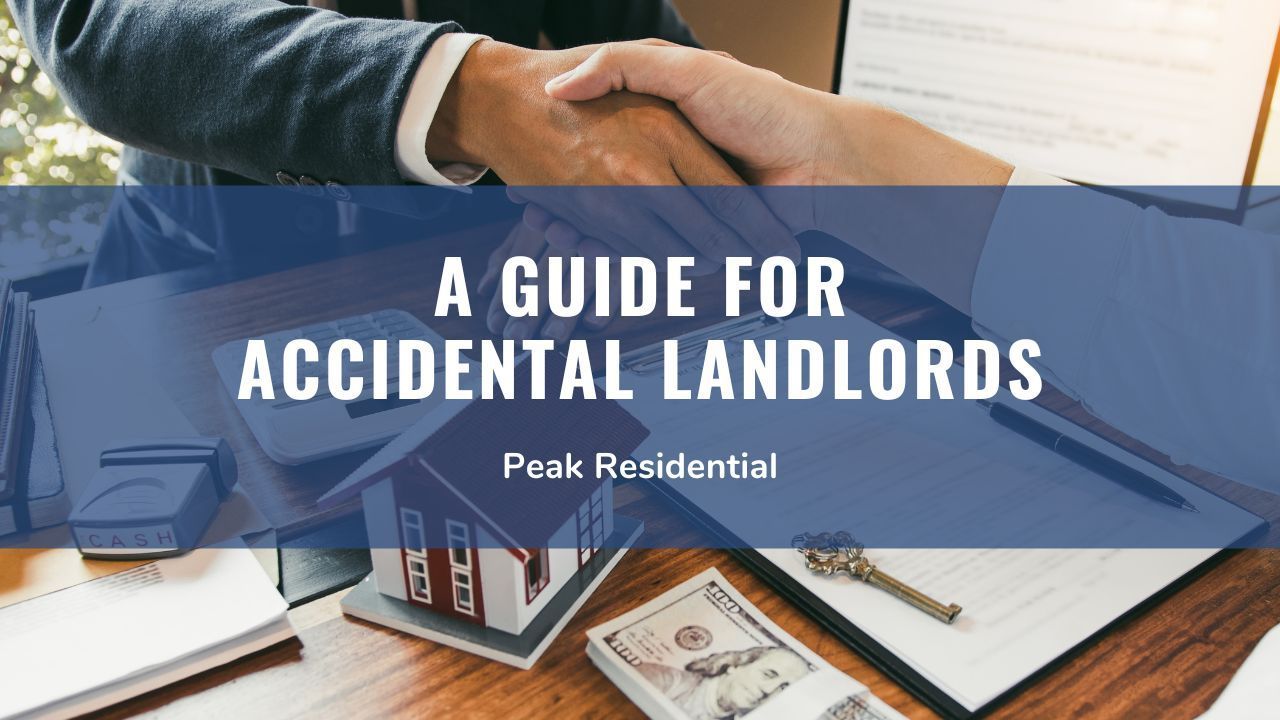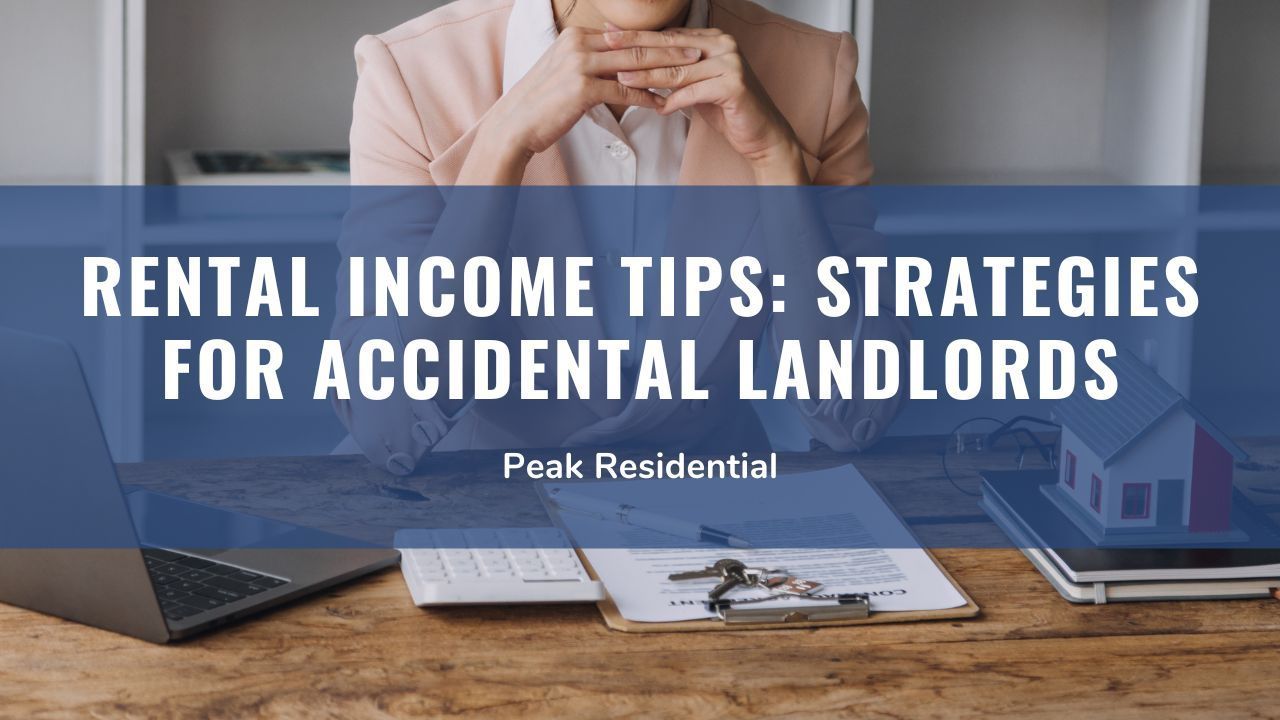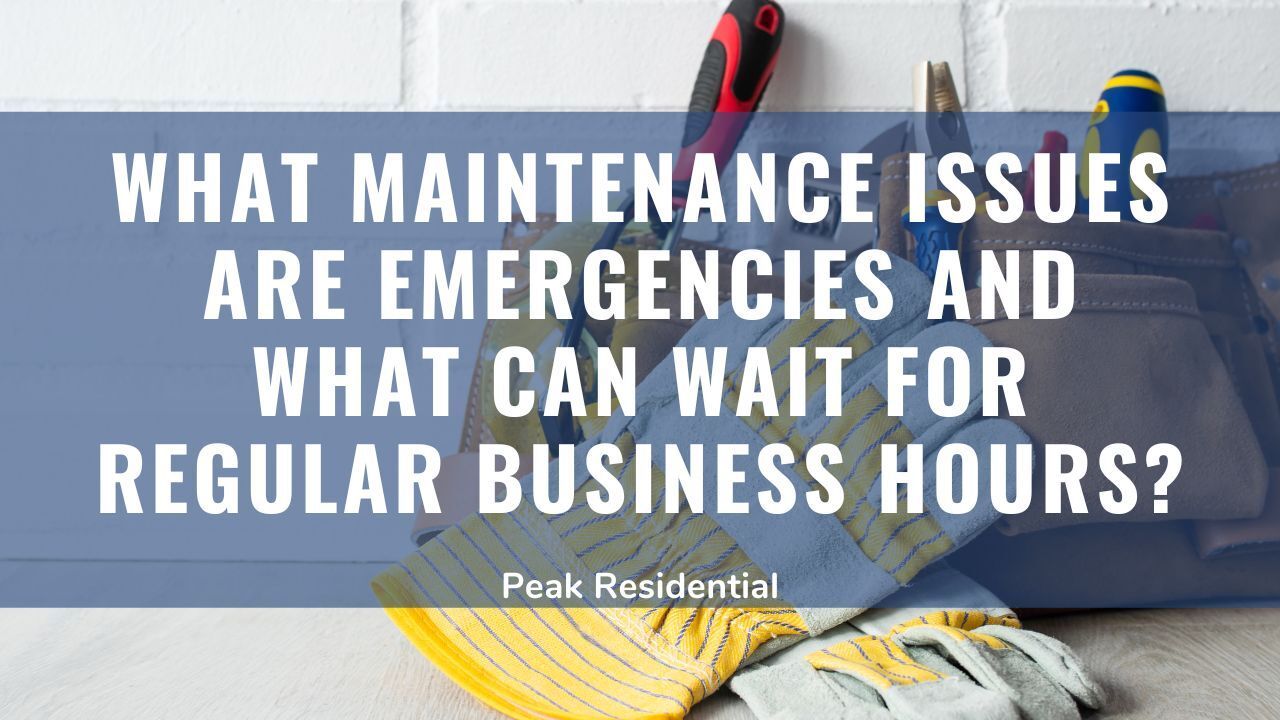
New landlords should know that managing rental properties can mean putting in odd hours at work, especially in an emergency situation. No matter the time of day, as a landlord, you may be required to check in on your tenants during a prolonged power outage or a break-in.
It’s vital to know how to cope with after-hours maintenance emergencies to stay calm and limit the safety risks. If you know how to identify and handle an emergency situation, you can save a lot of time and help your tenants.
Handling emergency maintenance is very important, which is why the property managers at Peak Residential have put together the following guide:
Defining Emergency Property Maintenance
Not every problem a tenant could face can be labeled as a property emergency. As a landlord, knowing the difference can help a landlord determine whether a situation that happened during the night can be attended to the following morning.
For maintenance emergencies, you need to take note of the potential injury or harm from a given scenario. If severe damage is caused to your renters or rental property then this is categorized as an emergency. You shouldn’t dismiss the health and safety of the people living in your rental unit.
A few examples of what constitutes emergency maintenance concerns are:
- Flooding
- Fire
- Frozen pipes
- Broken doors and locks that are hard to secure
- Gas leak
- Malfunctioning heater in winter
- Lack of air conditioning on extremely hot days
- Electrical issues

- Sewer backup and flood
- Leaking roof
- Extended power outage
- Intruder break-ins
Understanding Non-Emergency Maintenance
When doing an assessment, if there are no threats to your rental property and the health and safety of your tenants remain intact, then the event is not considered an emergency. Only when harmful consequences can be foreseen should you prioritize a situation as an emergency matter.
Here are some listed examples of maintenance concerns that property owners can resolve during normal business hours:
- Lack of hot water supply
- No air conditioning (if the outside temperature is below 90 degrees)
- No heat (if the outside temperature is below 50 degrees)
- Malfunctioning appliances
- Noise disturbance and complaints
- Minor leaks
- Parking conflicts
- Wear and Tear
Managing Emergency Maintenance
Renters place a lot of trust in the landlords so when emergencies happen, you should know how to cope with the situation by having contingency plans. It’s best to be ready with a step-by-step emergency maintenance process to reduce panic.
This strengthens your landlord-tenant relationship and gives them confidence to stay for the long term. Remember these important factors when dealing with property emergency maintenance:
Be Easy to Reach
If you’re nowhere to be found during an emergency, tenants can lose their faith in you. Tenants will also need a point of contact to answer their questions and you should be there to inform or help obtain the required information.
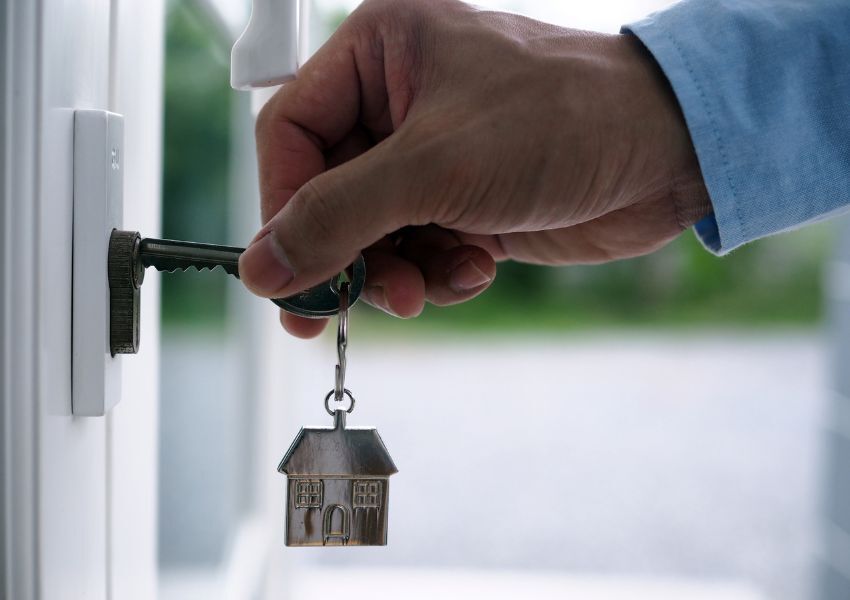
Provide Emergency Services
Get ready to deal with unexpected situations by striking an agreement with a reliable vendor who will attend to property emergencies when they occur, even if it happens at odd hours.
Remain Open
Once the emergency is over, it doesn’t mean you can fade from the situation. You need to stay in touch with your renters given that you’re expected to deliver current updates on the situation.
Understand Your Responsibilities
As a landlord, you must know how to properly identify emergencies and communicate them so you’re able to provide solutions immediately. Learning which matters can be delegated to the renters is important. Just keep in mind that where health and safety are concerned, this should be a top priority.
If you encounter a situation where repairs are needed but it’s not an emergency, it’s best to inform the tenant and send them a notice to enter the rental unit during regular working hours to perform the necessary repairs.
Answer Questions
In an emergency, landlords are expected to get hold of the situation and then be able to provide updated information to the renters. You should be able to obtain updates as to the degree of serious property damage that occurred. This also allows you to advise tenants whether they need to stay somewhere else for a while.

Document Everything
Even if only verbal communication occurs during an emergency, the landlord should still document the case. Write down notes on any property damage or the repairs reported and conducted. Contact the tenants after and record the communication through email or message form to retain proof.
Hire A Property Manager
Engaging the services of a professional property manager can lead to your peace of mind. But before that, you should screen for a suitable property management company to hire. Factors to consider when looking for a property manager:
- Area of expertise - Each property management company has its own focus and specializes in certain property types. If you own a vacation rental then you must find a property manager who deals with vacation rentals often.
- The number of support staff - Select a property management team that has enough staff to ensure that your rental home will be smoothly managed. This can include accountants, maintenance personnel, and administrative staff.
- Services available - Weigh the services provided by the property manager versus the cost of hiring them. Make sure that you gain plenty of property management benefits.
Bottom Line
Understanding emergency maintenance is critical to the function of your investment property. You need to understand the line between what an emergency is and what can wait. But if you’re unsure, you can always hire a property management company.
Are you seeking a reputable property management team to handle your rental home? If yes, contact Peak Residential today!

